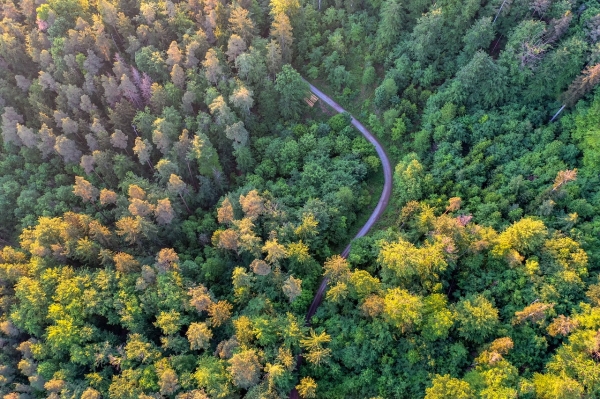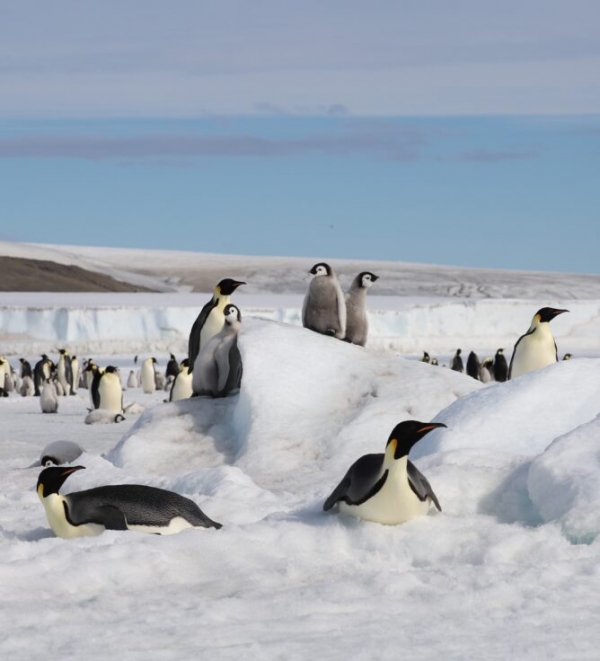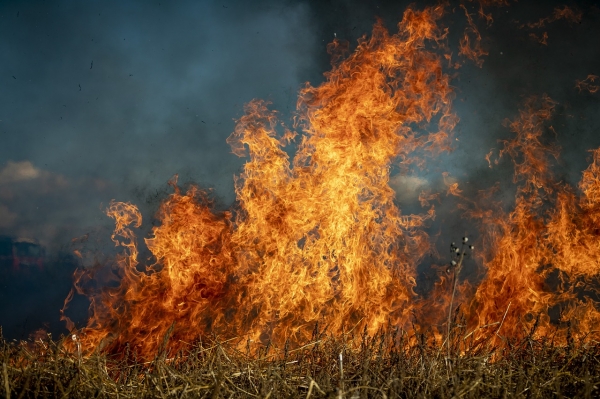Life in the Yukon can be tough for young red squirrels.
articles
How Much Energy Can Offshore Wind Farms in the US Produce? New Study Sheds Light
As summer approaches, electricity demand surges in the U.S., as homes and businesses crank up the air conditioning.
Hurricanes Jeopardize Carbon-Storing New England Forests
Study finds carbon-offset programs insufficiently account for future storm risks.
Emperor Penguin Colonies in Antarctica Suffer as Sea-Ice Diminishes
Record low levels of Antarctic sea-ice in late 2023 resulted in breeding failures in a fifth of the continent’s emperor penguin colonies, according to a new study from British Antarctic Survey (BAS).
Artificial Intelligence Helps Scientists Engineer Plants to Fight Climate Change
A unique collaboration at Salk uses deep learning software called SLEAP to analyze plant features, accelerating design of climate-saving plants.
Modeling Broader Effects of Wildfires in Siberia
As wildfires in Siberia become more common, global climate modeling estimates significant impacts on climate, air quality, health, and economies in East Asia and across the northern hemisphere.










